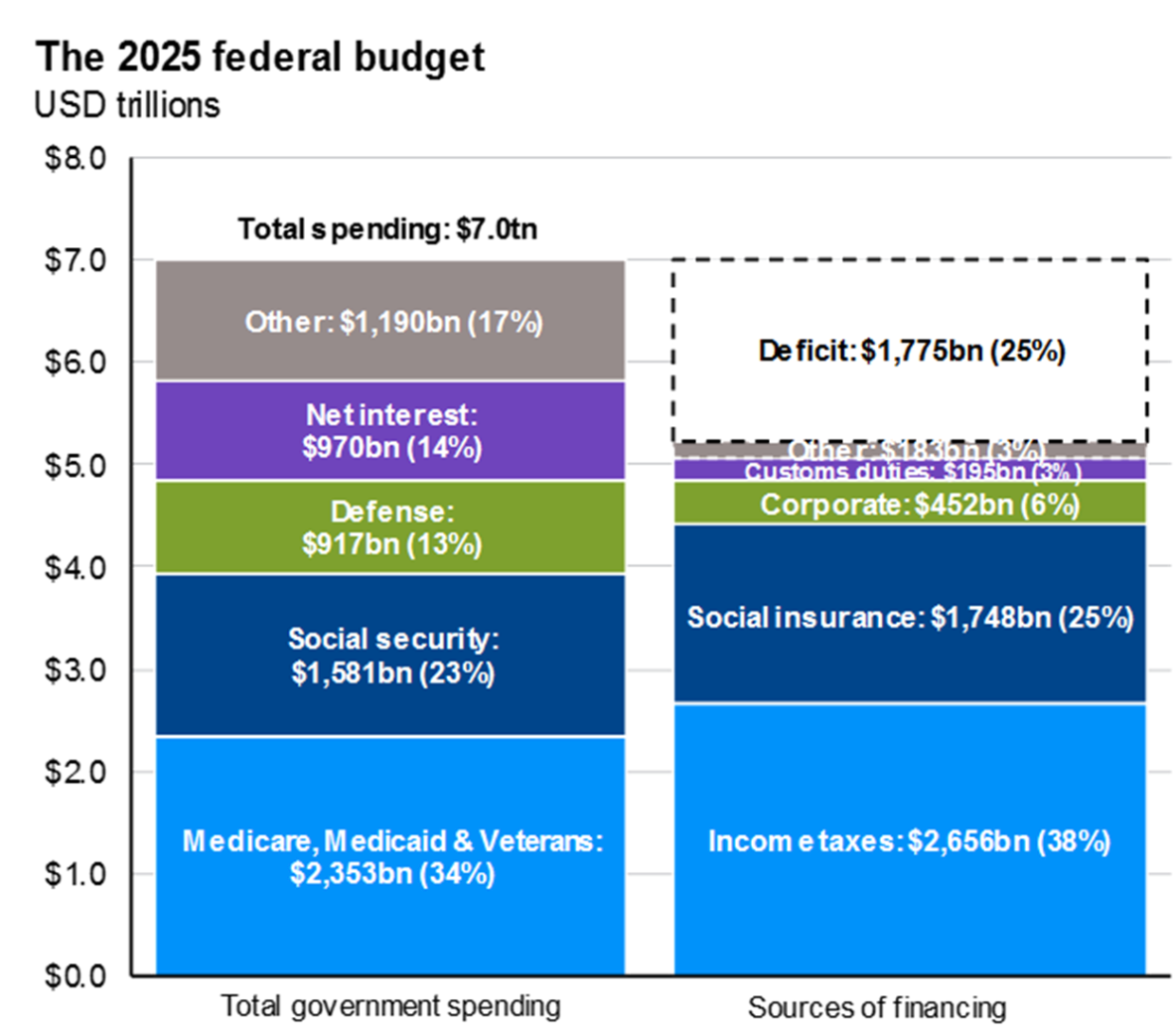According to government statistics, housebuilders continue to be squeezed by a combination of rising material costs and wage levels, as well as an ongoing shortage of skills and raw materials.
Over the past two years, the costs of building materials have risen dramatically. The main reasons for these rapid increases include the war in Ukraine, which has limited the supply of raw materials such as timber, plus the huge increase in the cost of the energy needed to produce materials such as bricks and plasterboard.
The quality of construction work is being affected too
With Bank of England governor Andrew Bailey asking firms to show restraint in passing on rising costs to customers, the UK construction industry is facing real pressures.
The government’s Construction Materials Price Index, which shows the cost of raw materials, has increased by almost a fifth over the past year — the largest annual rise since the index was created in 2015. As an example of the supply pressures the industry is facing, at the end of 2022 the stock level of the ‘common’ brick used in the UK construction industry stood at 19 million — more than 50% less than the 39 million bricks available pre-pandemic.
Although construction output in the UK jumped by 2.4% in February, giving the sector a welcome £15bn boost — the highest monthly cash boost since records began — the increase was due to a rise in private housing repair and maintenance rather than an increase in the number of new homes being built.
Mixed picture
Figures from the Office for National Statistics show a mixed picture across work sectors — for example, new commercial housing projects saw a 4.4% fall, continuing the trend of not enough housing being built.
Trade bodies such as the FMB and CITB are calling on the government to provide support
And, looking further ahead, the outlook for housebuilding is less optimistic given that March was the wettest for 40 years, which means site work will have been affected. According to industry figures, housebuilding starts fell by 39% in the first three months of this year compared to the final quarter of 2022.
The continued rise in the cost of building materials has also impacted housebuilding levels.
The Royal Institution of Chartered Surveyors conducted a survey just before the pandemic that revealed that the cost of building materials was, even then, a significant concern for housebuilders, with 80% of respondents stating that this was a significant obstacle to new housebuilding.
The construction industry will need 266,000 new workers over the next five years simply to meet current housing demand
The high cost of materials has led to an increase in the cost of construction, making it more difficult for some developers to build affordable homes.
There has also been an impact on apprenticeships. According to the Construction Industry Training Board (CITB), the number of apprenticeship starts has declined dramatically over the past decade, from 28,850 in 2011/12 to 18,830 in 2018/19 — a decline of 35%.
The Federation of Master Builders (FMB) says many small and medium-sized construction firms are still struggling to hire skilled bricklayers and carpenters. This shortage of skilled labour is a significant factor in the rising cost of construction and is leading to an increase in wages, making it difficult for companies to remain competitive.
The high cost of materials has led to an increase in the cost of construction
It’s estimated that building over 300,000 homes a year would generate £14.2bn in economic output. The benefit to the country is clear and yet a shortage of skills at technical, supervisory and managerial levels is holding construction back.
An excellent recent report from the CITB, entitled ‘The skills construction needs – a five-year outlook’, says the construction industry will need 266,000 new workers over the next five years simply to meet current housing demand.
New and growing skills needs such as energy-efficient construction and digital ways of working are key challenges.
But the quality of construction work is being affected too. According to a survey by the Chartered Institute of Building, 91% of construction professionals believe the skills shortage is having a negative impact on the quality of construction work.
The UK construction industry is facing real pressures
But the industry has been very active in trying to address these issues. Trade bodies such as the FMB and CITB are calling on the government to provide support.
It is only by working together that the issues the housing market faces can be addressed, so that the hopes and aspirations of millions of prospective young homeowners to get a foothold on the housing ladder can be fulfilled.
Martese Carton is director of mortgage distribution at Leeds Building Society
This article featured in the May 2023 edition of MS.
If you would like to subscribe to the monthly print or digital magazine, please click here.
Original Article






